Africa
Modi hails Global South ‘vision’ as he signs agreements with Mauritius
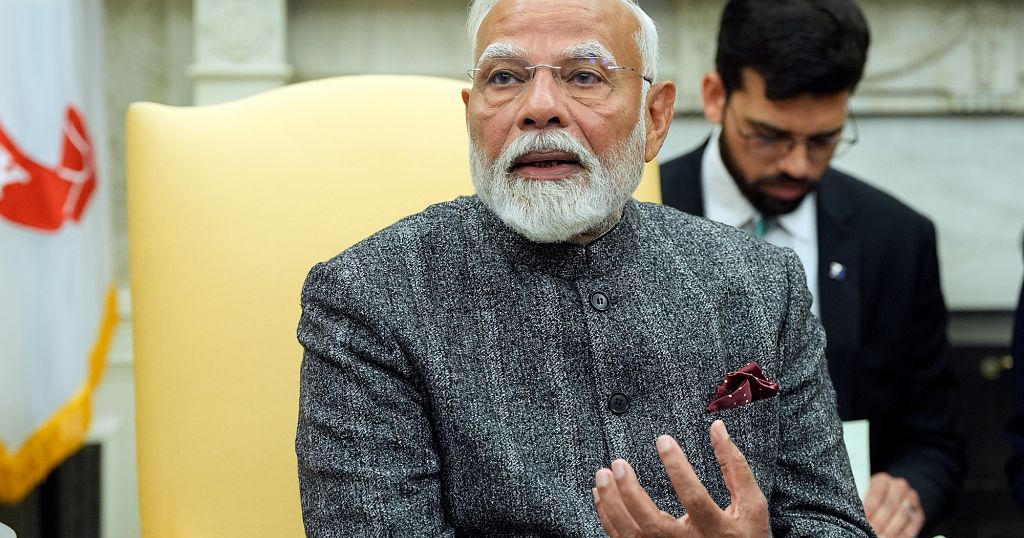
Indian Prime Minister Narendra Modi outlined his vision for the Global South on Wednesday after talks with his Mauritian counterpart Navinchandra Ramgoolam.
“For Global South, our vision will be ‘Look beyond the sea, look towards the ocean’. That means mutual and holistic advancement, for security and growth across regions. Trade and development, capacity building for sustainable growth, and the feeling of mutual security for shared future are imbibed within this,” Modi told journalists in Port Louis.
The two leaders witnessed the signing of several key agreements providing for cooperation in areas including maritime security, trade in national currencies and capacity building.
“The signature of key agreements in wide-ranging sectors, such as those we have just witnessed today, covering such diverse sectors such as crime investigations, maritime traffic monitoring, infrastructure, diplomacy, commerce, capacity building, finance and ocean economy, as well as the handing over which we just saw of the navigation charts, further enhance our already excellent bilateral relations,” said Navinchandra Ramgoolam, Prime Minister of Mauritius.
Modi said that India-Mauritius ties will be given the status of an enhanced strategic partnership.
The Indian Prime Minister also attended the national day celebration in the island nation.
Africa
Iran seeks Russia’s support for its nuclear talks with US
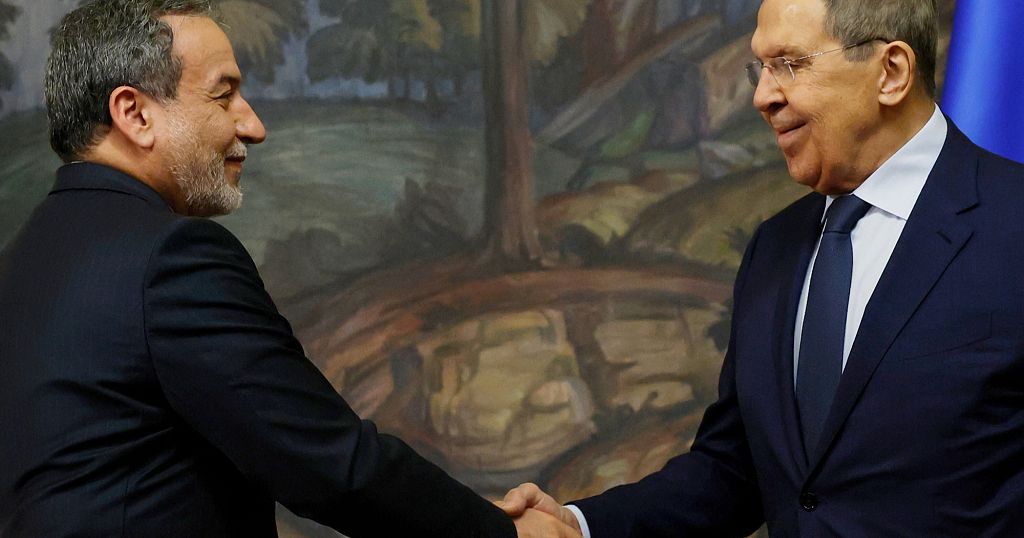
Iran on Friday sought support from Russia over a possible deal with Washington over Tehran’s rapidly advancing nuclear program, ahead of a second round of talks this weekend in Rome.
Iran’s Foreign Minister Abbas Araghchi said he briefed his Russian counterpart, Sergey Lavrov, on the first round of talks in Oman last week and praised Russia’s role in Iran’s 2015 nuclear deal with world powers that led to lifting of sanctions in return for Tehran’s cap on its nuclear activities.
“We are hopeful, and we expect Russia to continue its supportive role in any new agreement,” Araghchi said in a joint news conference with Lavrov in Moscow.
The 2015 nuclear deal collapsed with Trump’s unilateral withdrawal while Iran abandoned all limits on its nuclear program, and enriches uranium to up to 60% purity — near weapons-grade levels of 90%.
Lavrov said Russia was ready to mediate and assist in the nuclear talks.
“We are ready to help, mediate and play any role that, from Iran’s point of view, will be useful and that will be acceptable to the United States,” Lavrov said. “We proceed from the fact that the only option for an agreement, as the (Iranian) minister just said, is an agreement exclusively on nuclear issues.”
Lavrov said Araghchi met with Russian President Vladimir Putin on Thursday in talks that “emphasized the unprecedented dynamics of (the) political dialogue” between Moscow and Tehran. He did not give details, beyond saying Putin was “very pleased” with the talks.
Araghchi said he gave Putin a message from Supreme Leader Ayatollah Ali Khamenei, who has a final say on all state matters in Iran. He did not elaborate.
In Paris, U.S. Secretary of State Marco Rubio expressed hope that talks with Iran are ″fruitful, and that they’re that they can lead to something. We would all prefer a peaceful resolution and a lasting one.″
Rubio met with British, French and German officials in Paris and pressed them to maintain sanctions against Iran instead of allowing them to run out.
″We should all anticipate, based on the public comments yesterday, that they’re about to get a report from the IAEA that says not just is Iran out of compliance, but Iran is dangerously close to a weapon, closer than they’ve ever been,” Rubio said.
He added: “And then they (the Europeans) are going to have to make a decision about whether they want to reimpose these sanctions. And if Iran is out of compliance, they have to reimpose the sanctions.″
Africa
Trump administration plans to shut down nearly 30 U.S. embassies — over half in Africa
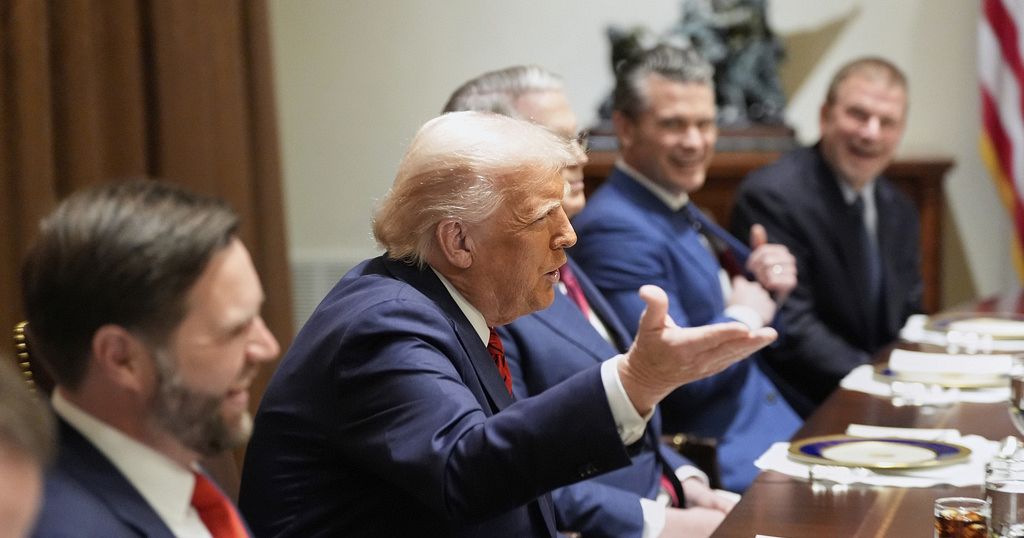
The Trump administration is considering a significant reduction in the United States’ diplomatic presence worldwide, with a proposal to close nearly 30 embassies and consulates, over half of which are located in Africa.
This initiative is part of a broader plan to cut the State Department’s budget by nearly 50%, aiming to reduce foreign aid by approximately 75%.
According to an internal State Department document, the proposed closures include embassies in Lesotho, Eritrea, the Central African Republic, the Republic of Congo, The Gambia, and South Sudan. Additionally, consulates in Durban, South Africa, and Douala, Cameroon, are slated for closure, with their responsibilities potentially being transferred to neighboring countries.
Critics of the proposal express concern that reducing the U.S. diplomatic footprint in Africa could diminish American influence on the continent, especially as other global powers, such as China, continue to expand their presence. They argue that such closures could hinder diplomatic relations, economic partnerships, and the promotion of democratic values.
The administration’s plan also includes the potential closure of embassies in European countries like Malta and Luxembourg, as well as consulates in various cities across Europe and Asia . These proposed changes are part of a larger effort to streamline government operations and reduce federal spending.
Africa
Trump sparks backlash after remarking about Congo
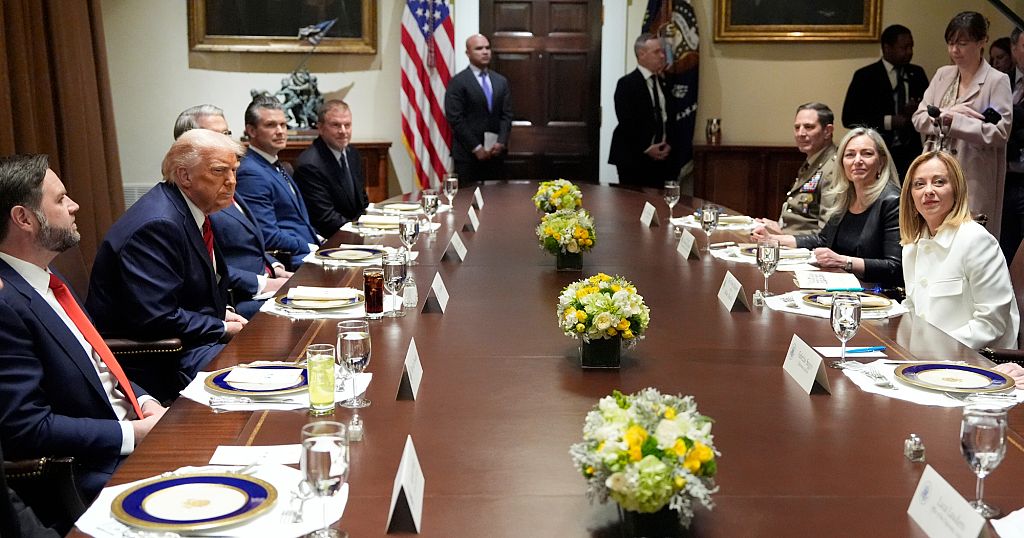
U.S. President Donald Trump drew criticism and confusion after making a dismissive comment about the Democratic Republic of the Congo during a high-profile meeting with Italian Prime Minister Giorgia Meloni at the White House.
While discussing U.S. border security and migration policies—topics where the two right-wing leaders find common ground—Trump claimed that criminal elements from across the world were being released into the United States. “They released jails, Giorgia, from all over the world, and released them not just [from] South America, but all over the world—the Congo in Africa. Many, many people come from the Congo. I don’t know what that is, but they came from the Congo and all over the world they came in,” Trump said.
The remark, particularly the phrase “I don’t know what that is,” referring to Congo—a nation of over 100 million people and one of Africa’s largest countries—has triggered widespread backlash online. Critics accused Trump of ignorance and of reinforcing harmful stereotypes about African nations.
Despite the controversy, Trump doubled down on his assertions about lax border policies under current U.S. leadership, framing the issue as a national security threat due to the alleged influx of foreign criminals. “We had a great border four years ago, but we have a border now that’s even tighter,” he said. “We need to get murderers and drug dealers and people that were in jail… from all over the world.”
The conversation between Trump and Meloni also touched on global geopolitics. While the two leaders see eye-to-eye on curbing migration and promoting nationalist values, they differ sharply on the war in Ukraine. Meloni, unlike Trump, has been a staunch supporter of Ukraine, and her government is playing an active role in discussions around the country’s postwar reconstruction.
Trump, for his part, has repeatedly urged Meloni to increase Italy’s defense spending to meet NATO’s target of 2% of GDP. Italy’s military budget currently stands at 1.49% of its GDP—among the lowest in Europe.
-

 Conflict Zones2 days ago
Conflict Zones2 days agoHaiti in ‘free fall’ as violence escalates, rights group warns | Armed Groups News
-
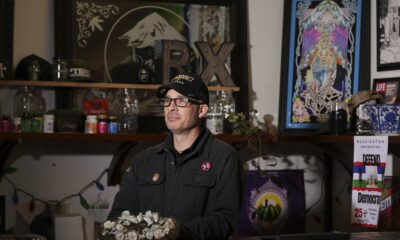
 Lifestyle2 days ago
Lifestyle2 days agoBelievers say microdosing psychedelics helps them. Scientists are trying to measure the claims
-

 Lifestyle2 days ago
Lifestyle2 days agoPicking a team from bars to beam and hoping for 10s: Fantasy leagues in gymnastics are a thing
-
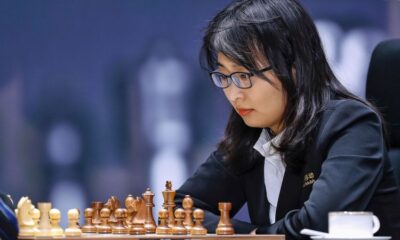
 Sports2 days ago
Sports2 days agoJu Wenjun: Chinese grandmaster makes history by winning fifth Women’s World Chess Championship
-

 Sports2 days ago
Sports2 days agoAaron Boupendza: 28-year-old former MLS player dies after falling from 11th floor balcony in China
-

 Education14 hours ago
Education14 hours agoHarvard’s battle with the Trump administration is creating a thorny financial situation
-

 Education1 day ago
Education1 day agoTrump admin threatens to stop Harvard from enrolling foreign students
-
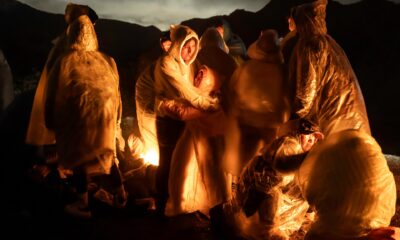
 Middle East2 days ago
Middle East2 days agoPalestinian photographer Samar Abu Elouf wins world’s top photo prize | Gaza News




